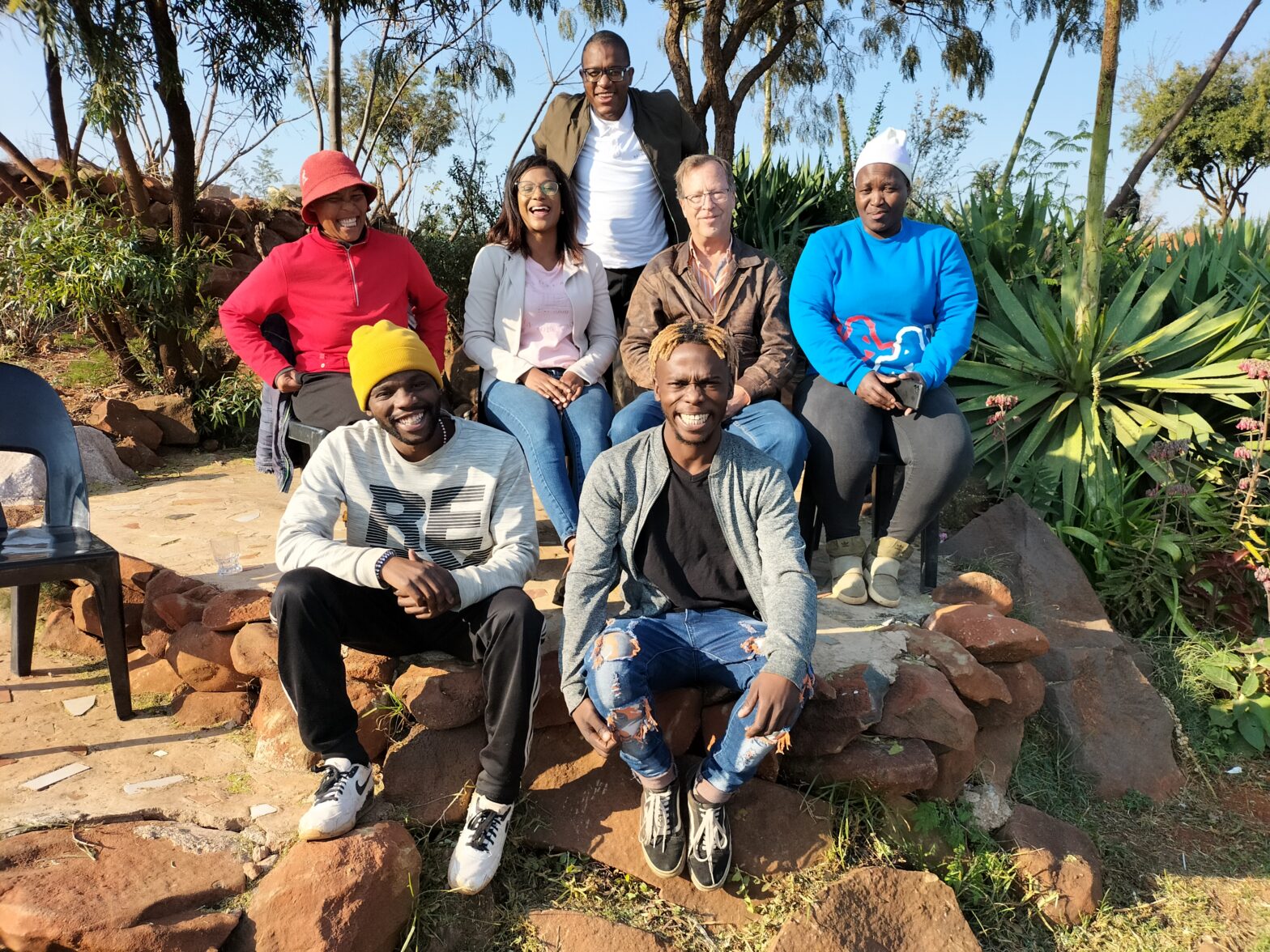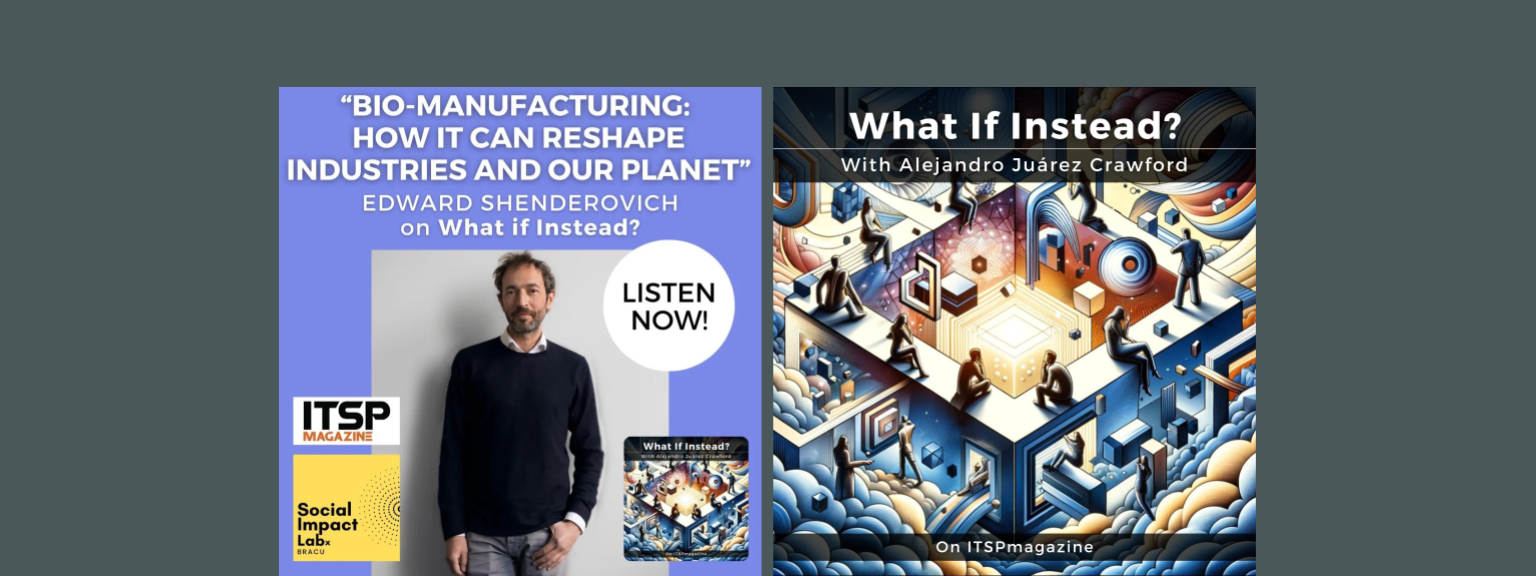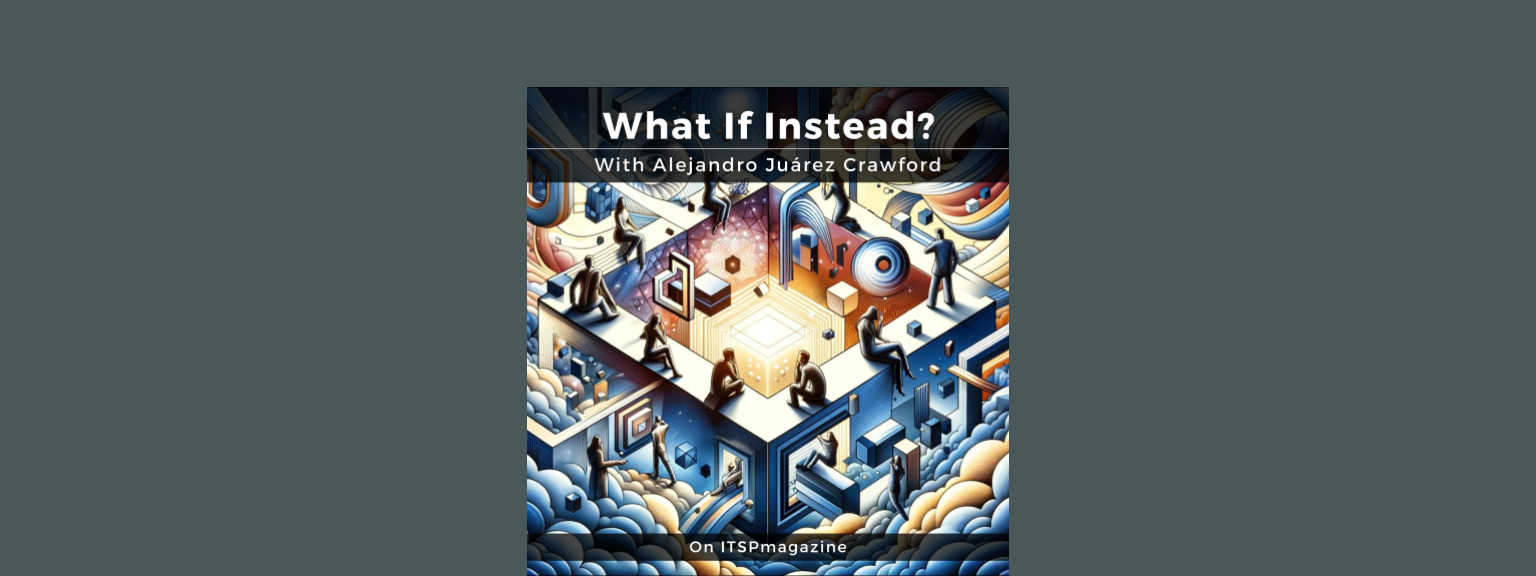Can regular people remake the way things are done in our industries and in our communities?
Reformulating Einstein’s most famous equation about energy equaling mass, Nico de Klerk says “yes”–– except in his version, entrepreneurial energy is the product of the multiplication of business skills and mindset, where mindset is the exponential factor.
De Klerk, founder of the StreetBiz Foundation, a nonprofit company in South Africa, argues that his country’s greatest resource doesn’t lie in diamonds, platinum, or gold, which eventually run out. Rather, its greatest wealth is the mindset of Nelson Mandela, the country’s iconic president and anti-apartheid activist. As de Klerk writes, “I believe that Nelson Mandela’s legacy serves as the most valuable, far-reaching asset that South Africa shares with the world.”
A Mindset of Active Participation
To test his theory, de Klerk launched the Be a Nelson Movement, which builds on the social dimension of Mandela’s legacy by applying his inclusive philosophy to actual practice. De Klerk points out that all people, not just members of a select group, have a role in building the future. “Mandela envisioned a healed society, in which imagination connects with reality,” says de Klerk. This mindset of active participation in making the seemingly impossible possible provides great power to participants in the project.
To approach the world the way Mandela did is to change it from a given—that we must operate within—to something we’re actively creating—and to change who we think has the chance to create. Now we are expanding greatly on what we have done over the last four years with university students enrolled in OSUN’s Certificate in Sustainability and Social Enterprise. The current question is, “Can we learn to enable the people who are closest to the problems so they can generate the novel solutions they need?” For our global community of co-instructors, the answer was simple: we must.
Over the past four years, the certificate program has brought together ambitious individuals from universities around the world who are eager to demonstrate the transformative power of social entrepreneurship. As a program that trains future leaders, it has challenged students at universities from Dhaka to Bogotá to imagine a different way to merge sustainability and social enterprise successfully—to learn, by doing, what it takes to realize individual and collective visions.
This transformation is measurable. With support from OSUN, program managers have analyzed anonymous responses from participants about what happens to their mindset after enrolling in the program. 92% say they gain or retain the confidence to launch something new going forward. 84% learn to collaborate on diverse teams. 88% come out prepared to recognize opportunities where others might see barriers.
Collaboration Between Students Inside and Outside the University
Now, for the first time, the certificate is available to individuals outside OSUN universities, allowing 30 “Be a Nelson” participants to work side-by-side with cohorts at OSUN partner institutions as they launch their own community ventures. Collaborating with global peers via RebelBase, the online platform that powers the certificate, these grassroots social entrepreneurs are gaining the vital support they and their communities need to move forward.
As de Klerk emphasizes, all of these participants “grew up under apartheid, recognize the need for social innovation, and want to grow their social leadership skills.” Much as the OSUN data has shown, mindset is not just a vague notion—it contains a set of capabilities, of skills one learns by doing.
For example, a team of Nelsons is now developing the 4UsByUs project, focused on expanding educational opportunities for youth in the underdeveloped and segregated ”townships” that were created for non-white communities under South African apartheid. The team gives young people in townships access to the technology and tertiary institutions that will hopefully help connect them to new career opportunities. This is no small challenge. De Klerk notes that in past visits to townships he often found less than one in twenty young people possessed the “real-world options” they needed to sustain their livelihoods and rebuild their communities. “This legacy is a disaster—but also a huge opportunity,” he adds.
Crime, racial tension, and elevated high school dropout rates are some of the problems 4UsByUs seeks to address, says Rumacques Neil Gelderbloem, one of the project’s creators. “With no boundaries or limitations to mindsets, we explore our future with career guidance, technology, and alternative education,” he says. “We believe in our potential, opening new ways of career counseling and overcoming obstacles with freed mindsets,” he adds, echoing Mandela’s observation about triumphing over what seems to be too difficult or “impossible.”
Space to Experiment
To remake the failing systems around us, as these teams are doing, participants need space to devise experiments, with no prior knowledge required. They need the capacity to connect with each other around those experiments, and work shoulder-to-shoulder, with worthy tools at hand.
Through the RebelBase platform, the Nelsons collaborate each week to complete the course modules that are required for the certificate. Courses include “Social Entrepreneurship,” “Leading Change in Organizations,” and “Sustainable Development.” These modules also guide participants through each step of their project development. Participants publish their work in each module, then revise it in response to questions and feedback from peers and experts from around the world. The result is a completed experiment in solving a pressing problem.
“These non-university students are gaining experience among global students and global universities for the first time,” says de Klerk. “Their participation in OSUN’s Social Entrepreneurship course also demonstrates ground-breaking work for alternative education, bridging the chasm between higher education and grassroots leadership development, and providing access.”
In addition to the sense of personal triumph the program engenders, this year’s experiment has created a demand for innovations in methodology that affect everyone involved. After they requested it, StreetBiz participants are now connecting with a global team of personal coaches and mentors who provide useful feedback on their projects. This has had an impact on both the Nelsons and their coaches. As one coach has written, “For us as coaches, it has become a transformative journey. Connections like this expand one’s perspective in life and transform the mindset.”


